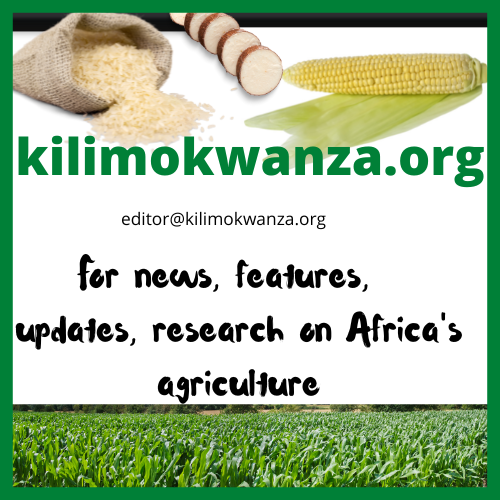To streamline agricultural practices and promote sustainable farming in the country, the Ministry of Agriculture, through the Department of Agricultural Land Management and Planning (DALMP), has announced a series of services and programs for the benefit of farmers and agricultural investors.
- Agricultural Investment Areas Identified:
The DALMP is committed to identifying and measuring areas designated for agricultural activities. This involves collecting information on suitable farming areas and storing them in a database for various uses. Such data assists in recommending potential investment zones for agriculture and in the initiation of different programs designed to enhance farming activities in the country. An example of such a program is the “Build a Better Tomorrow (BBT)” initiative.
As of June 2023, the department has earmarked, allocated, measured, and marked a total of 264,841.5 acres in collective large-scale farms across regions like Kigoma, Mbeya, Njombe, Dodoma, and Kagera. Additionally, the ministry is actively identifying more collective farms and is encouraging the private sector to invest in these initiatives.
Furthermore, the ministry has pinpointed agricultural areas in 9 regions totaling over 178,000 hectares earmarked for investment. Notably, soil health assessments have been carried out on these farms to advise on suitable crops and the correct fertilizer application.
- Guidelines on Agricultural Land Management:
An integral role of the DALMP is the preparation of guidelines relating to the conservation and management of agricultural land. In partnership with SAGCOT, the department is refining a draft guideline on the best practices for treating acid-affected soil. Once approved, this guide will aid extension officers and farmers in rejuvenating the fertility of soils impacted by acidity. The draft is expected to be presented to the ministry’s management in July for further refinement and implementation. - Expert Advice and Training on Agricultural Land:
The department offers training on agricultural land conservation to extension officers and various agricultural stakeholders in the country. This includes technologies for conserving water and soil on farms and techniques to prevent soil erosion. Comprehensive training sessions have been held in regions like the southern highlands (Mbeya and Songwe) and the north (Kilimanjaro, Manyara, and Tanga). Moreover, the curriculum focuses on imparting skills on the optimal treatment of acid-affected soils.
This move by the Ministry of Agriculture signals a step forward in ensuring that the nation’s agricultural sector thrives, building a sustainable future for both the present and upcoming generations of farmers.
